7 Considerations for choosing a hike
Hiking Practice
Whether you are new to hiking or have been doing it for years, deciding on what walk you are going to do will depend on a number of factors. Surprisingly the answer you get when you work through these factors may differ each time you have to make this choice. While some of these factors cross over with general hiking planning there are also a number that are purely subjective.
The last 24 months has been a real challenge for many people in the Australian hiking community and due to the impact of bushfires, flooding and COVID, I have regularly found myself having to change my plans, often on short notice, rather than stick to my predetermined schedule. While safety comes into play, enjoyment of the hike is a very subjective consideration and this is where everyone’s answer is going to differ.
In this article we look at seven main factors to consider when choosing a hike to get the best outcome for all concerned.
1. Available information
There are literally thousands of hikes in Australia to choose from and as the saying goes ‘You don’t know what you don’t know’. When I sit down and choose a hike these days I will start by doing an internet search to see what information I can find usually starting with the state or territory national parks service. Often this provides the basic information about a hike to help determine if it’s what I am after. Helpful information includes:
- Trail: How well set up is the trail? Is it well signposted on a clear and easy to follow trail or is it a technical trail that requires a higher degree of fitness and skill to undertake?
- Just as importantly how do you get to the trail head?
- Facilities: Are there toilets and other facilities close by?
- Distance: How long are you capable of walking distance-wise and how long a hike do you want? Always work on the lowest common denominator if you are travelling with other hikers and don’t force someone into something they aren’t comfortable with
- Time: How long will the hike take versus how much time do you have?
2. Solo or group?
Will you be hiking solo or are you hiking in a group of two or more? If you are new to hiking you may choose to join a club and while there are benefits to doing this, you will need to fit in with the group.
- Solo hiking allows you to do what you want on your own time scale
- Group hiking can provide comfort, a degree of safety, experience for those new to hiking and group interaction. The bigger the group, the slower you tend to travel and not everyone will have the same goals as you
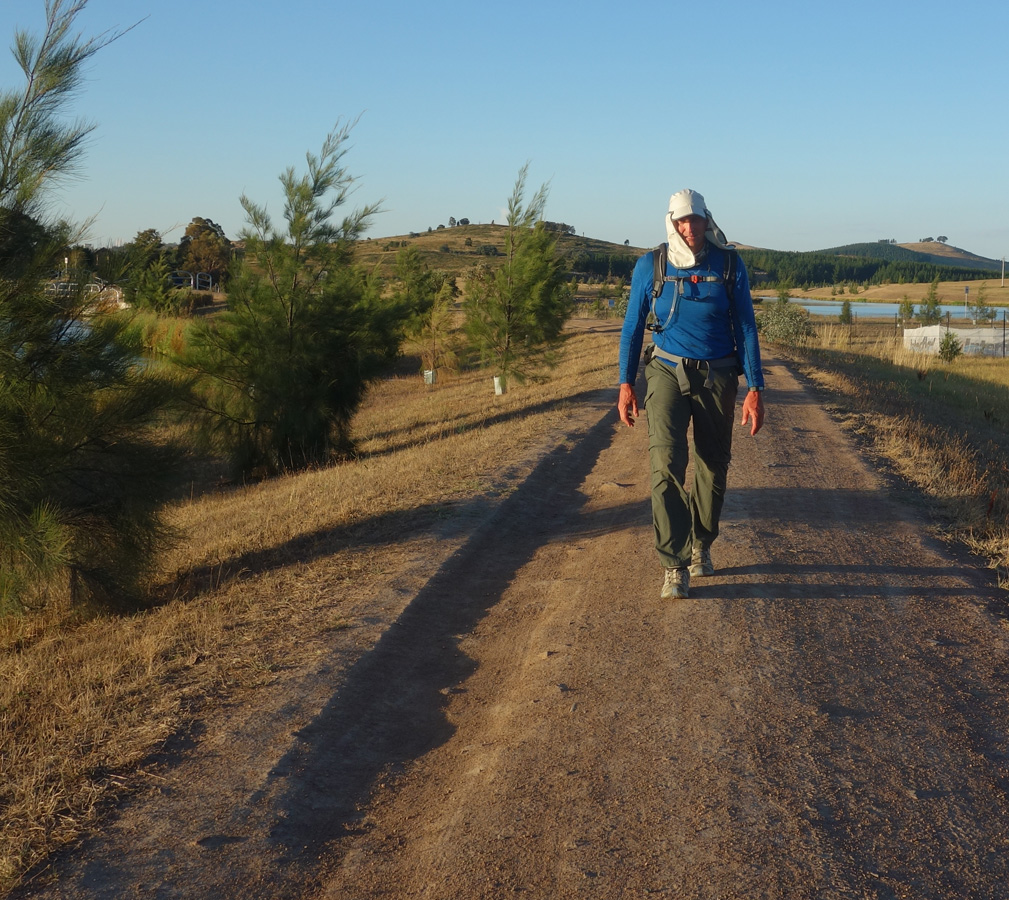
Tim solo hiking the 145km Canberra Centenary Trail
3. Skill and fitness level
Your individual skill and fitness level will provide the limits for your hiking and its good to consider pushing, but not breaking, these boundaries.
- Hike within your own ability. If the hike is beyond your current skill level go with someone more experienced
- Have some sense of your physical ability. While it’s always worth pushing you abilities, there is a limit
- If you’re planning a long complex trip with big distances build up your fitness prior to the trip
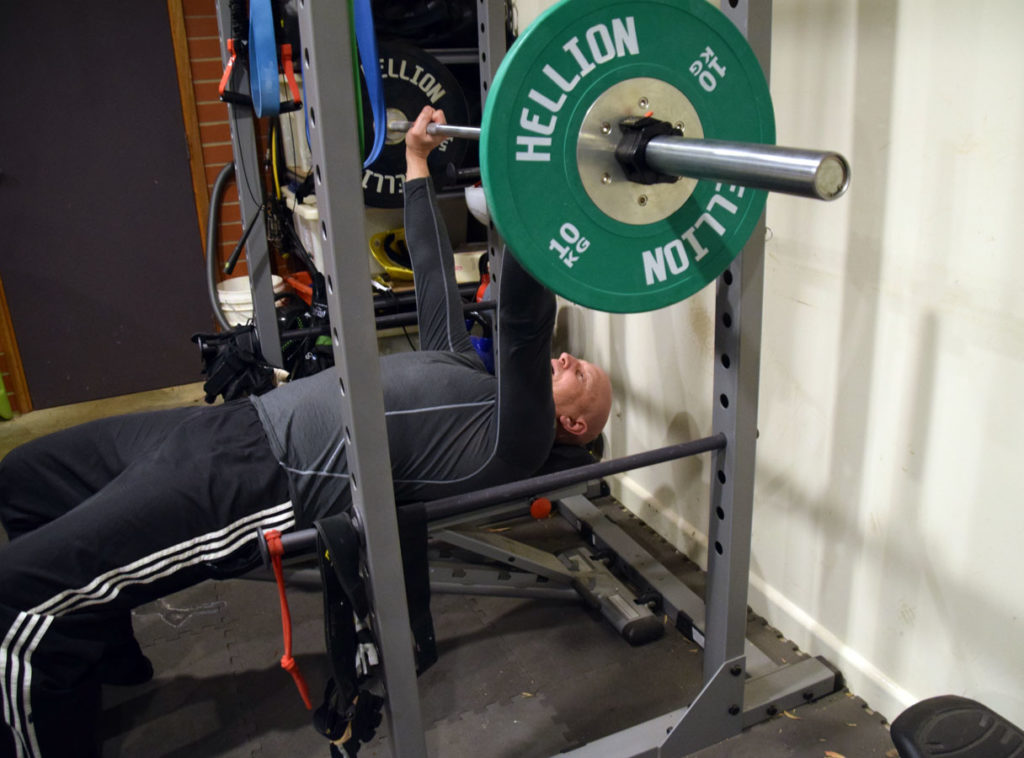
4. Planning considerations
There are logistical and safety aspects of a hike.
- How are you travelling to and from the hike?
- Does the hike return back to the same point you started from or will you need to need get transport of some type back to your car or home?
- Do you need a permit? If so book early to secure your chosen timeframe e.g. Overland Track
- How many people will be in the group or are you hiking by yourself? I regularly solo hike but in choosing to do so my level of planning and risk management ramps up. On rare occasions I will wait until someone else is available if I consider the risk to solo hike is high e.g. Red Track Bungonia National Park
- Do you need maps and/or a compass to navigate or is the trail well set out? Do you have the ability to use a map and compass?
- Identify any dangers or issues that may impact on what you are doing regardless of the group size. Is it snake season? Is the heat going to be excessive? Is there potential for bushfires?
These factors may not change your mind but then again they just might.
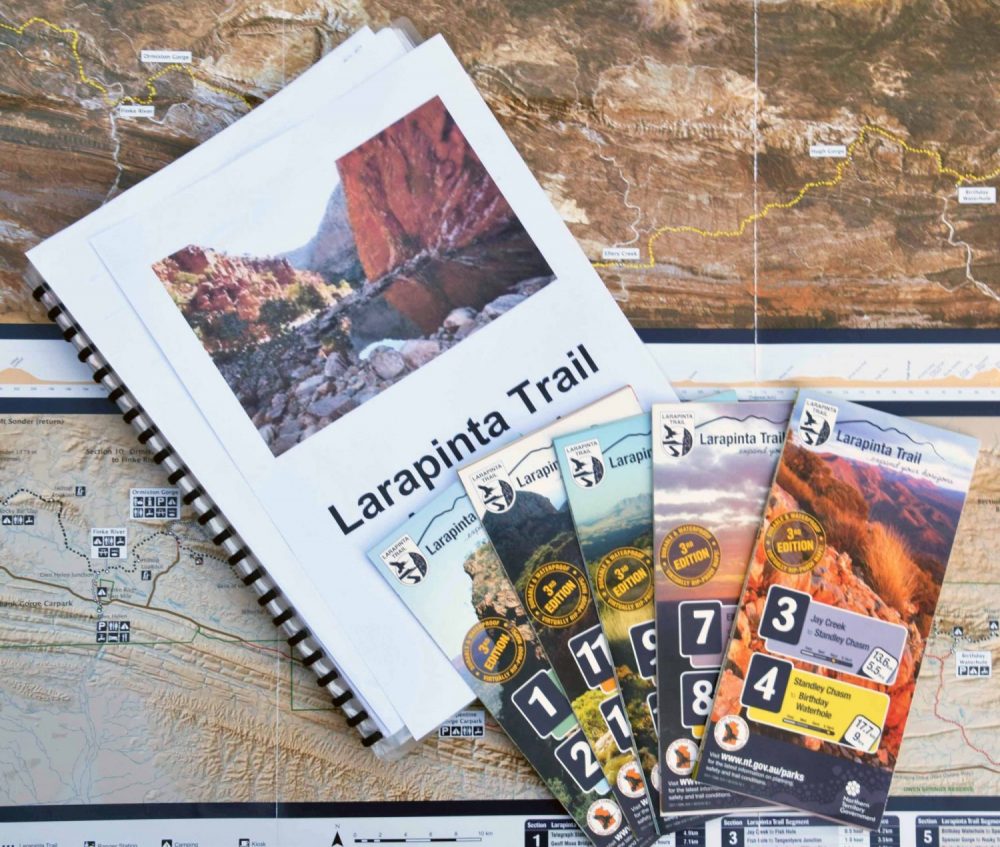
5. Equipment
Based on your research and experience assemble all your gear in advance of the trip and ensure it is in good working order. Consider replacing gear that is in poor condition and can’t be repaired. If you don’t have the necessary gear borrow or buy it.
If you need a piece of gear from a safety perspective and you don’t have it then reconsider your hike. As an example, I don’t solo hike without a satellite communication device or PLB.
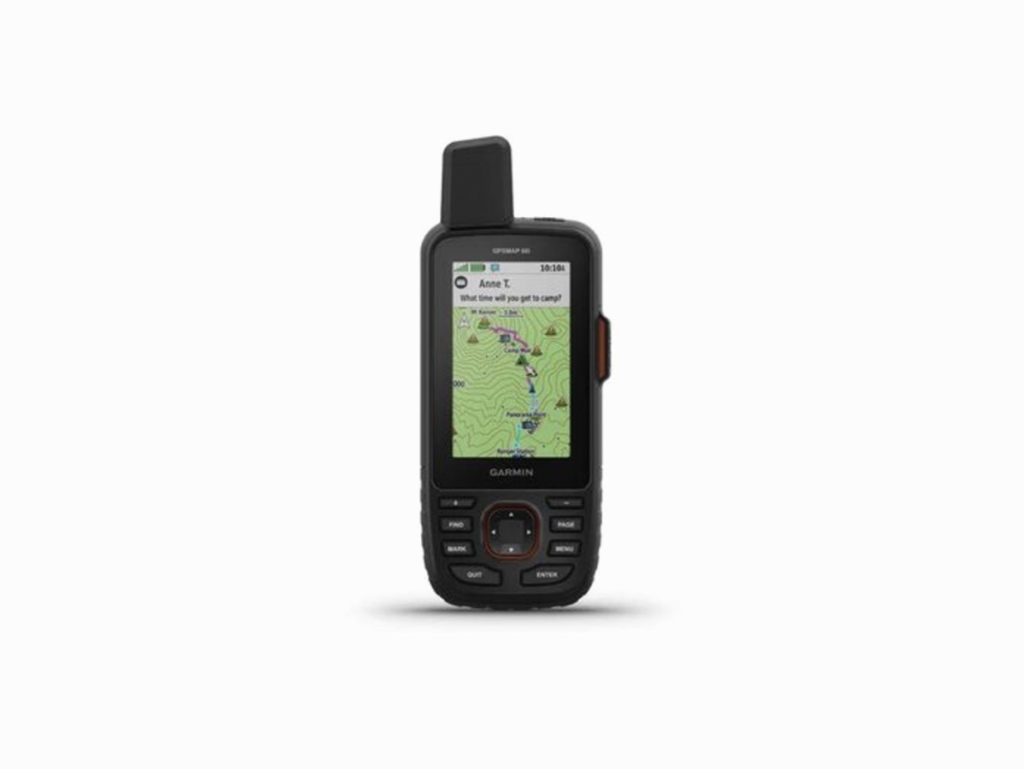
Garmin GPSMAP 66i Handheld Hiking GPS & Satellite Communicator
6. Check the weather
I typically plan my hiking schedule 12 months or more in advance to allow for logistical considerations. What this means is that I will regularly change my plans because the weather is lousy and the hike just isn’t worth doing. I will usually look at alternate options if possible before making a decision to cancel a hike altogether.
- Check the short term weather
- Check the long term weather forecast
- Pack for the expected extremes
- Cancel the trip or change your hike if the forecast is for conditions that are extreme and beyond your skill level
It’s better to be safe than sorry when it comes to safety.
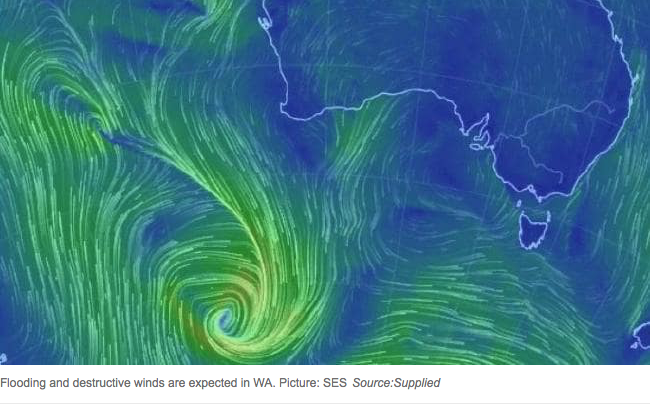
The satellite image just before I started my hike in 2018 on the Bibbulmun Track
7. Enjoyment
This is where it gets really subjective. There are many reasons for choosing to do a hike. It may be that you are a guide or it may be a field trip that is part of your work.
For most of us it is just because we enjoy hiking. If we don’t have to be there or we don’t want to be there, then why choose to do a specific hike? If you can’t answer that question then its time to look at the hike you have chosen.
While people can and do enjoy solo hiking the vast majority of people I see on trail are hiking in groups of two or more. It may be that while you are perfectly capable of doing a hike by yourself you just enjoy it in the company of others.
Its important to be clear on your motivation:
- What is it you want to see or do?
- Are you taking photos?
- Are you looking for waterfalls?
- A hike may just be for fitness but even then its good to have a nice environment to do it in
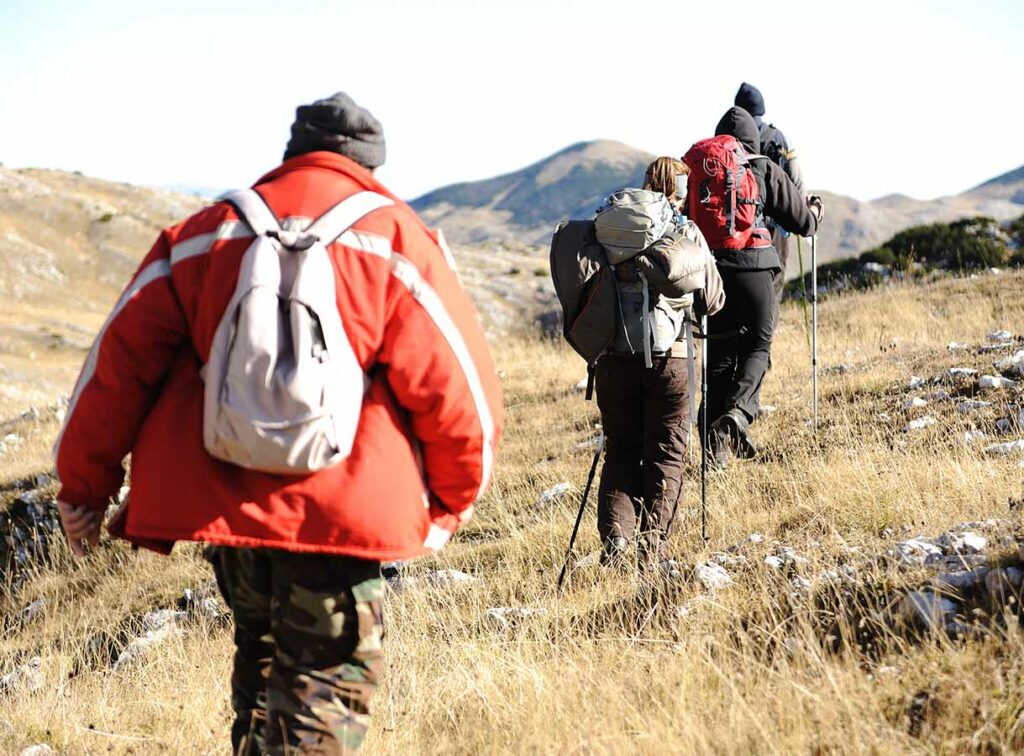
Hiking in a group can be fun but so can hiking solo
Last words
While there are many considerations in choosing a hike, the key ones are safety and enjoyment. Don’t do a hike if it’s unsafe on a given day which means you aren’t going to enjoy it. The hike will always be there in the future.
Your concept of safety and enjoyment will change over time and may not be the same as your hiking partners which may mean that you need to go solo or find some new hiking companions for a particular hike.